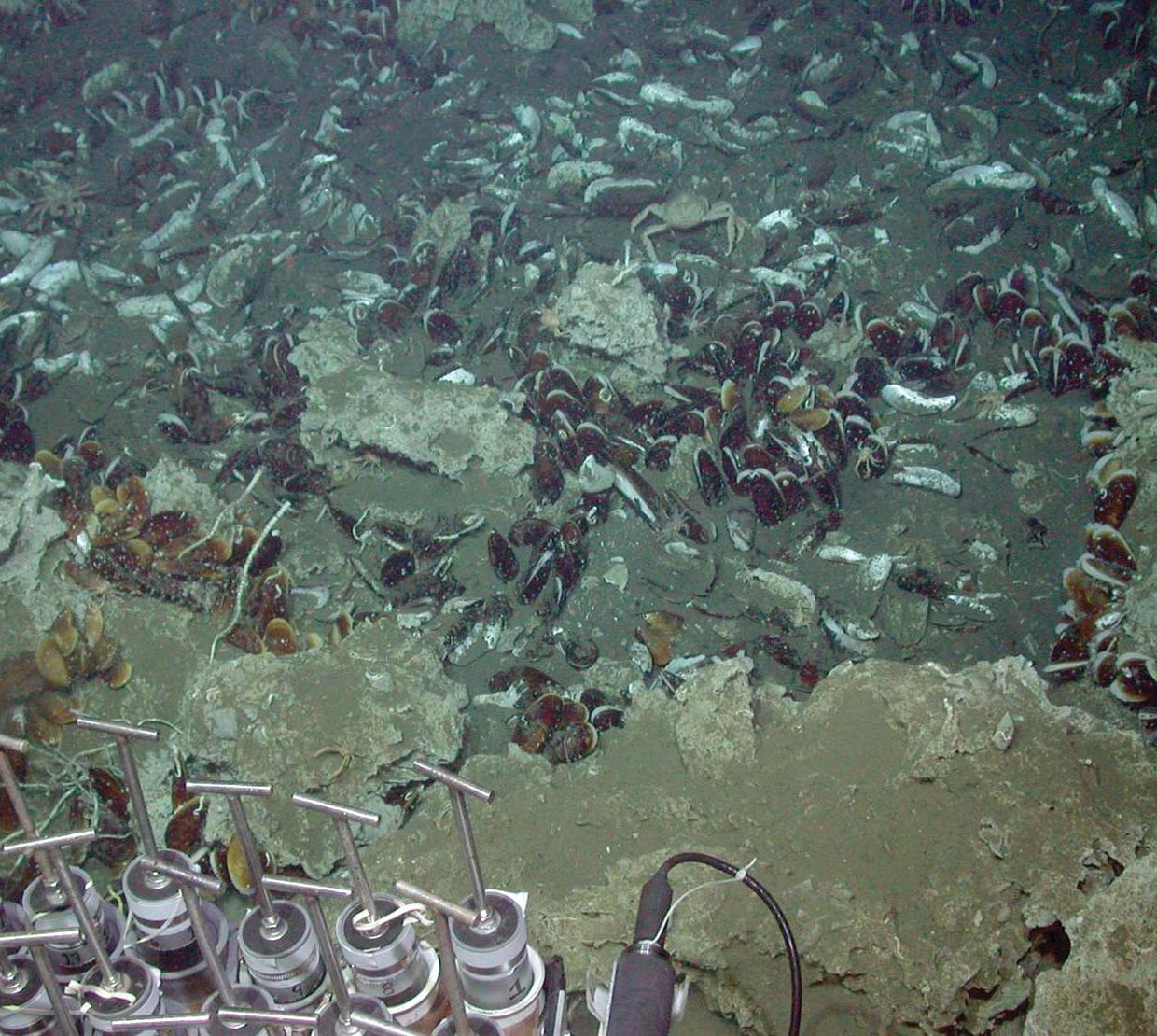Researchers from 20 of the world's leading oceanographic research centers contributed to the study published today in Elementa.
Warming ocean temperatures, increased acidification and the spread of low-oxygen zones will drastically alter the biodiversity of the deep ocean floor from 200 to 6,000 meters below the surface. The impact of these ecosystems to society is just becoming appreciated, yet these environments and their role in the functioning of the planet may be altered by these sweeping impacts.
"Biodiversity in many of these areas is defined by the meager amount of food reaching the seafloor and over the next 80-plus years - in certain parts of the world - that amount of food will be cut in half," said Thurber, an Oregon State University marine ecologist and co-author on the study. "We likely will see a shift in dominance to smaller organisms. Some species will thrive, some will migrate to other areas, and many will die.
"Parts of the world will likely have more jellyfish and squid, for example, and fewer fish and cold water corals."
The study used the projections from 31 earth system models developed for the Intergovernmental Panel on Climate Change to predict how the temperature, amount of oxygen, acidity (pH) and food supply to the deep-sea floor will change by the year 2100. The authors found these models predict that deep ocean temperatures in the "abyssal" seafloor (3,000 to 6,000 meters deep) will increase as much as 0.5 to 1.0 degrees (Celsius) in the North Atlantic, Southern and Arctic oceans by 2100 compared to what they are now.
Read more here: https://phys.org/news/2017-02-temperatures-trigger-starvation-extinctions-deep.html




